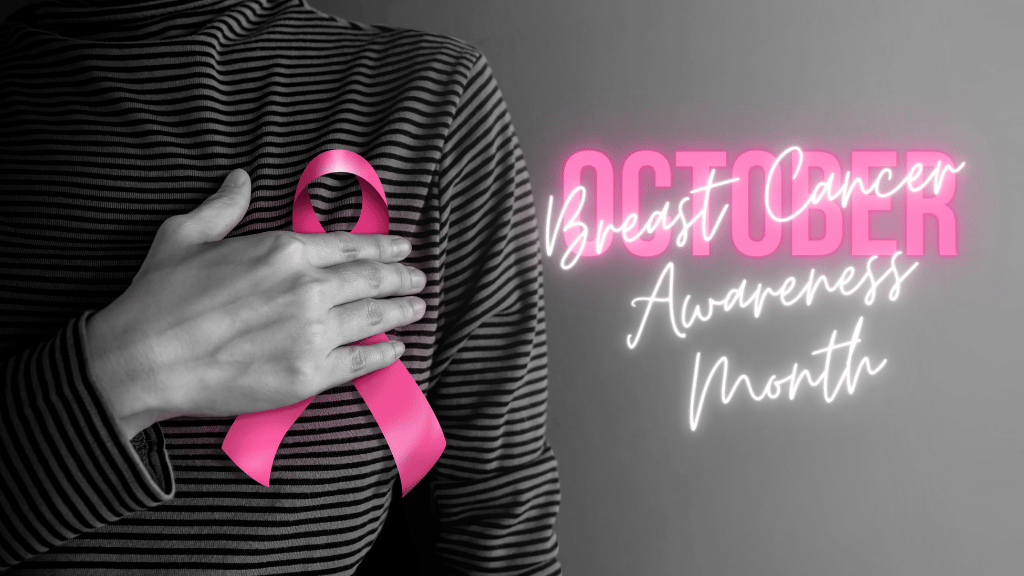
October is Breast Cancer Awareness Month, a great reminder for every adult woman to get a yearly mammogram and for both men and women to address any suspicious changes, discharge, or lumps in their breasts. For clients who have histories of abuse and neglect, it is important to process in therapy the inherent challenges associated with medical appointments and acts of self-care.
Many years ago, I began asking clients who were trauma survivors about annual, routine appointments for things like pap smears, mammograms, colonoscopies, and dental check-ups. I was disheartened to discover that, year after year, these critically important, preventative measures were either being ignored or were completely off their radar. And then I realized it made sense: when your body has been repeatedly harmed or neglected what gets modeled and normalized is a terrible disregard for its safety and wellbeing.
I have often highlighted the importance of psychoeducation. Clients need to know about the prevalence of breast cancer and the necessity of annual screening. Here are some of the compelling statistics regarding breast cancer:
- In the US, about 1 in 8 women (about 13%) will develop invasive breast cancer over the course of her lifetime.
- A man’s lifetime risk of breast cancer is about 1 in 833.
- Breast cancer is the most diagnosed cancer among American women.
- For women, breast cancer death rates are higher than those for any other cancer, besides lung cancer.
- Breast cancer became the most common cancer globally as of 2021.
- In women under 45, breast cancer is more common in Black women than white women. Overall, Black women are more likely to die of breast cancer.
What’s most important to process with clients is the fact that early detection and advances in treatment can mean the difference between life and death. When I talk with my clients about choosing to ignore the check-ups and procedures that can lead to early intervention, I liken it to picking up where their abuser left off and agreeing with the message that said, “your body does not deserve to be cared for, treated with respect, or protected.” This can serve as a wake-up call and help clients to make new and healthier decisions about their bodies.
Remind your clients with histories of abuse or neglect that they have the right to good health care.
Although this is a medical issue, processing with clients the experiences and messaging they received in the past about the sanctity and preciousness of their bodies will help explain their ability or inability to engage in self-care. Sometimes they need permission from a trustworthy therapist to take better care of themselves. They may be genuinely lacking in the knowledge that these appointments are necessary, and untreated diagnoses can be life-threatening. They may need help in getting connected to concrete resources, including a caring and trauma-informed primary care physician or community screening center.
Remind your clients with histories of abuse or neglect that they have the right to good health care and empower them to take proactive steps and preventative measures to protect and care for their bodies.
Resources:
- Breast Cancer Awareness Month and Resources
- Breast Cancer Myths and Facts
- Breast Cancer Prevention
- Male Breast Cancer Treatment
What has been your experience in treating trauma clients who’ve neglected their own healthcare? Tell us how you’ve empowered them to turn things around.

